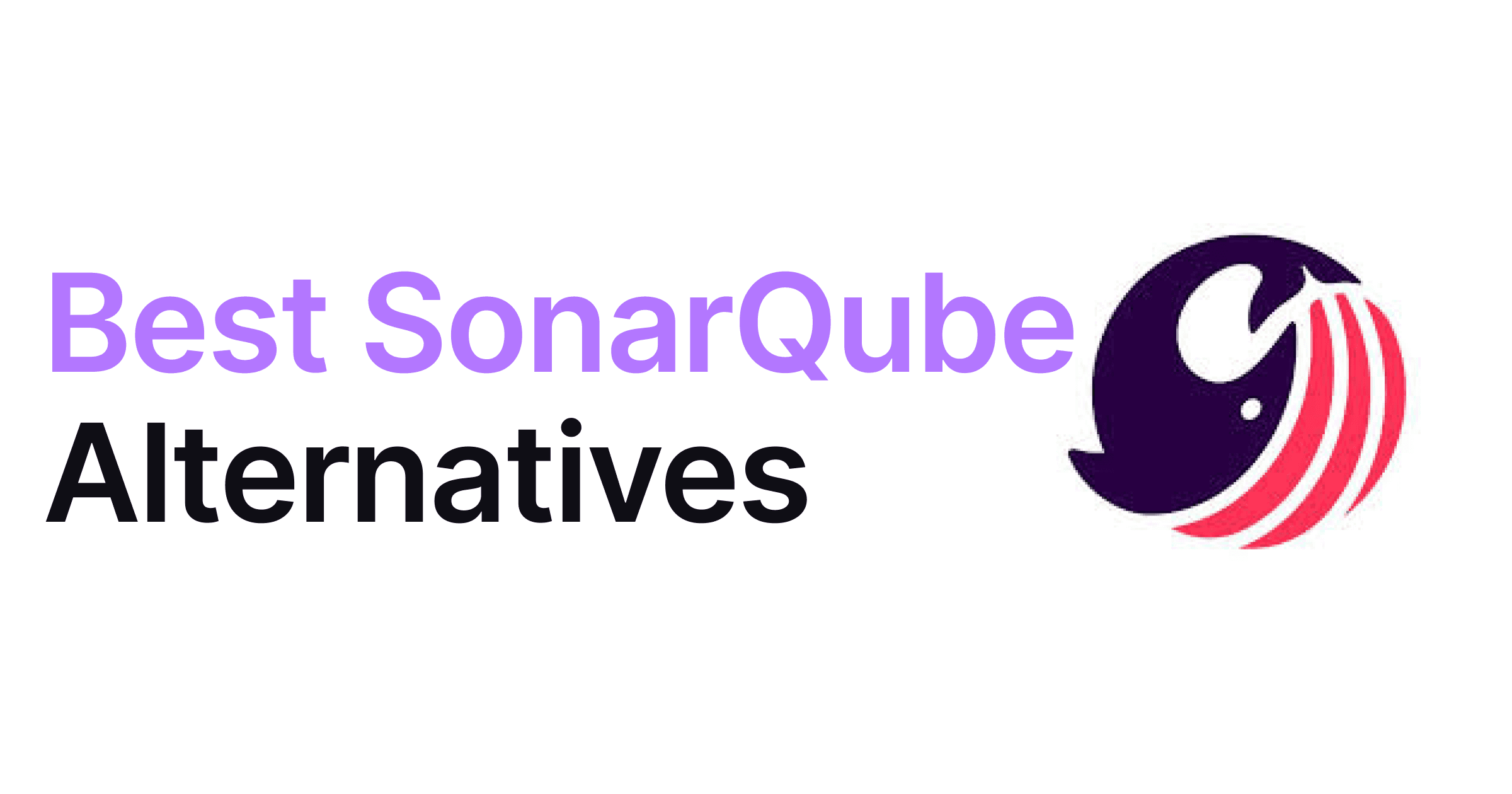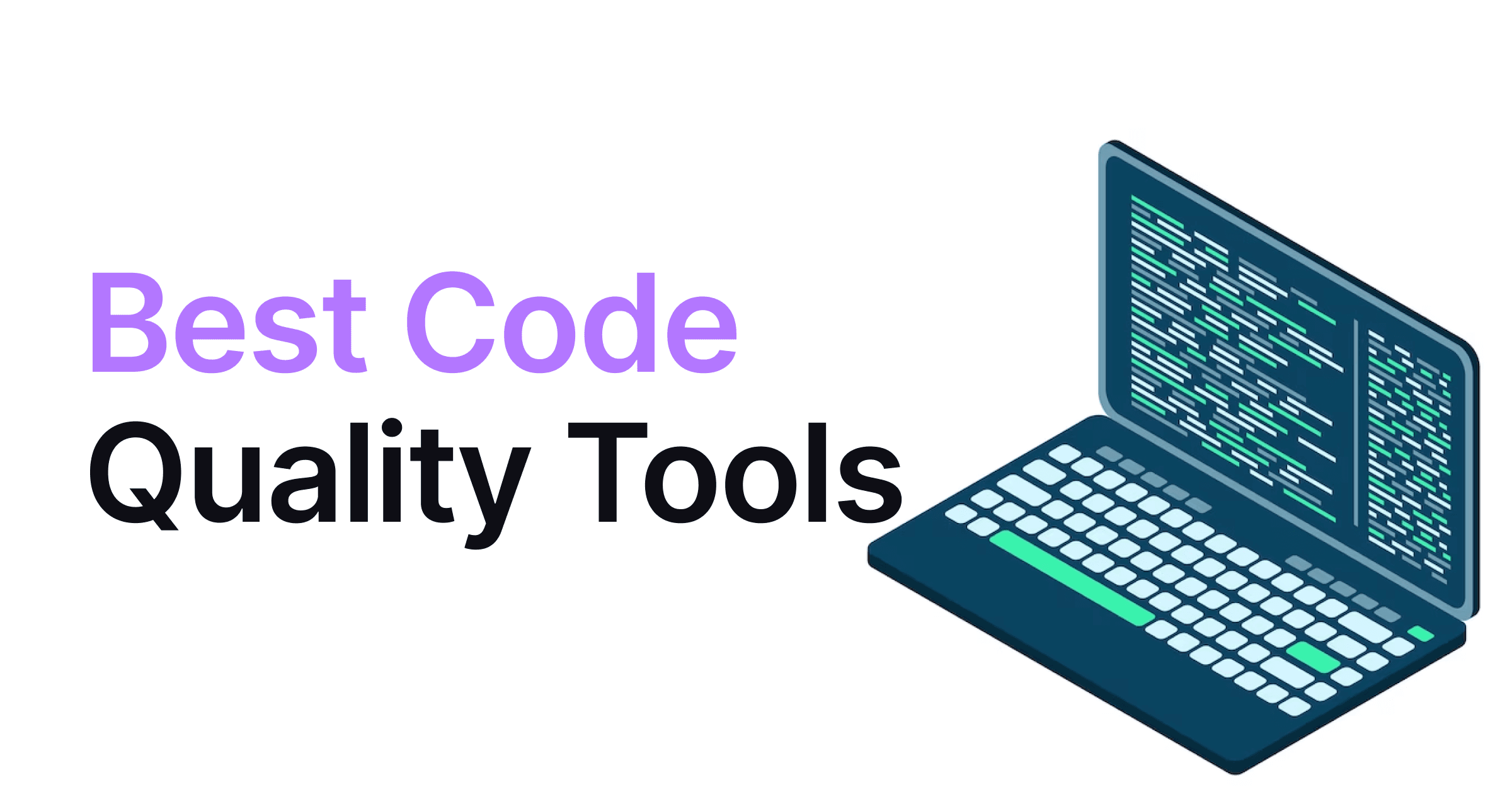AI Code Review
Code Quality
Amartya Jha
• 04 March 2025
AI-assisted code review has become an essential tool for developers aiming to improve code quality and accelerate pull request (PR) merges. We recently conducted an extensive evaluation comparing O3-Mini-High and Claude Sonnet 3.7 on hundreds of PRs, focusing on their effectiveness in identifying critical bugs.
The Results?
O3-Mini-High significantly outperformed Claude Sonnet 3.7 in catching critical issues that could lead to real-world failures, making it the superior AI code reviewer.
Finding Bugs vs. Applying Code Changes: A Fundamental Difference
Before diving into the details, it's important to recognize that finding bugs in existing code is a fundamentally different problem than applying code changes based on instructions.
Claude Sonnet 3.7 is great at following instructions and generating code, making it an excellent tool for code refactoring, feature additions, and structured modifications.
O3-Mini-High, on the other hand, is a reasoning model designed for deep analysis, which makes it inherently better at spotting logical errors, security vulnerabilities, and critical bugs.
This distinction explains why O3-Mini-High excels at AI-powered code reviews, while Claude Sonnet 3.7 is more suited for code generation tasks.
Real-World Evaluation: Why O3-Mini-High Wins in Code Reviews
We tested both models across hundreds of PRs, analyzing their ability to identify high-impact issues. The results were clear:
✅ O3-Mini-High: Identified Critical Issues
O3-Mini-High flagged critical bugs that Claude Sonnet 3.7 completely missed, including:
Missed module imports (leading to runtime failures)
Hardcoded API keys (a major security vulnerability)
Logically incorrect parenthesis placements (causing incorrect evaluations)
These are high-severity issues that, if left undetected, could cause significant production failures or security breaches.
❌ Claude Sonnet 3.7: Added Noise Instead of Value
While Claude Sonnet 3.7 did provide some useful feedback, it mostly focused on trivial stylistic suggestions, such as:
Unnecessary Validations in Certain Contexts
If the reaction parameter is already validated before this piece of code runs, adding a rejection condition (else block with JSONResponse) is redundant. It could result in unnecessary handling of errors that should never occur in practice.
Encapsulating code in try-catch blocks (which can sometimes be redundant)
Explicitly handling different exception types (which, while useful, doesn’t necessarily address critical flaws)
While these recommendations are helpful in improving code structure, they do not contribute to catching real bugs, and in many cases, increase PR resolution times by adding unnecessary discussions.
Why O3-Mini-High is a Game-Changer for AI Code Reviews
Finds Real Bugs
Unlike Claude Sonnet 3.7, which mostly offers generic best practices, O3-Mini-High actively identifies logic errors, security vulnerabilities, and runtime failures.
Reduces PR Review Time
By catching critical issues upfront, O3-Mini-High helps developers merge PRs faster without back-and-forth discussions on trivial suggestions.
Enhances Code Quality
Instead of focusing on superficial fixes, O3-Mini-High ensures the correctness and reliability of the codebase.
Good Developers Are Not Necessarily Good Hackers
One of the key insights from this evaluation is that being a good developer does not automatically make someone a good hacker. While skilled developers can write efficient and clean code, security flaws and logical errors often go unnoticed because their focus is typically on functionality rather than exploitable weaknesses.
A developer might create a well-structured application, but miss vulnerabilities such as:
Unvalidated user input leading to SQL injection
Weak authentication mechanisms
Exposed API keys and secrets
This is where O3-Mini-High excels
It doesn’t just check for proper syntax and structure; it actively hunts for security loopholes, logical flaws, and critical runtime issues—something a traditional developer or a code-generation-focused AI like Claude Sonnet 3.7 may overlook.
By incorporating O3-Mini-High into your code review pipeline, you bridge the gap between development and security, ensuring that your software is not just functional, but also robust and secure.
Conclusion: The Best AI for Code Reviews
If your goal is code generation and structured refactoring, Claude Sonnet 3.7 is a great choice.
However, if you need an AI-powered code reviewer that can detect real-world bugs, security risks, and logical flaws, O3-Mini-High is the clear winner.
For teams looking to accelerate PR merges while improving overall code quality, O3-Mini-High is the AI reviewer you need.










